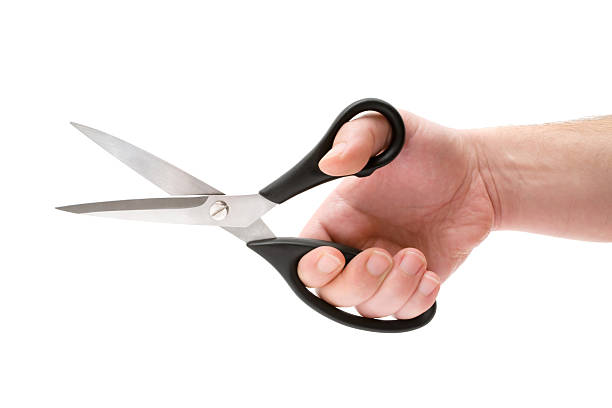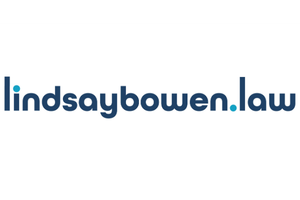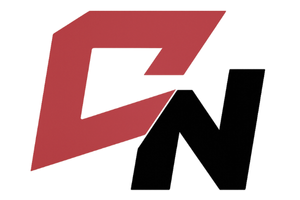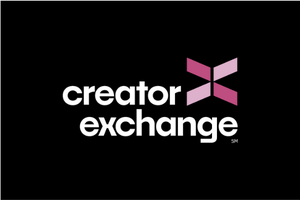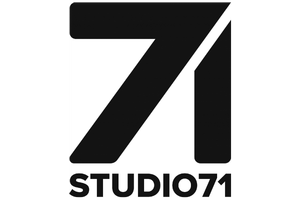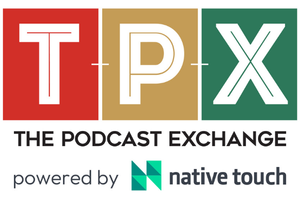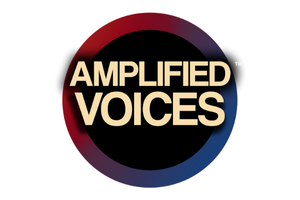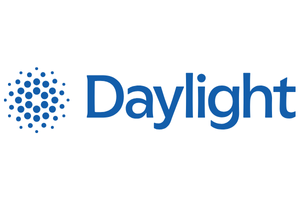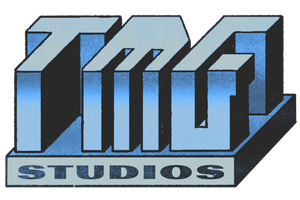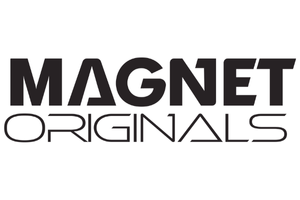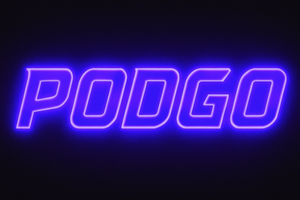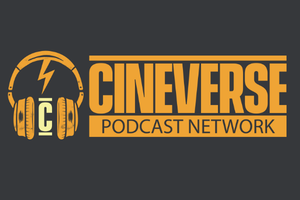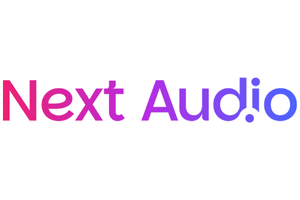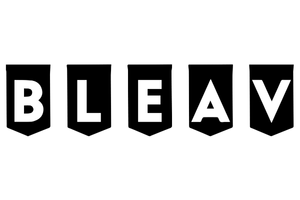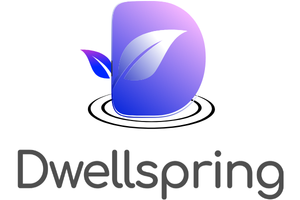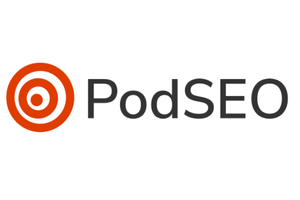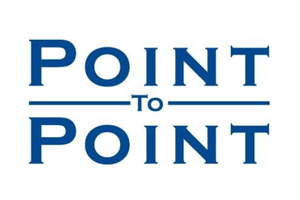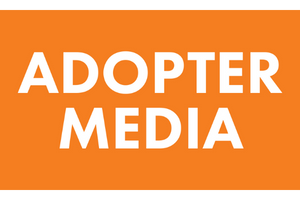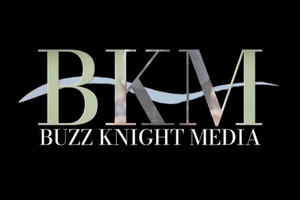I just returned from a lovely cruise of the Italian coastline, and while I am busily trying to work out how Bryan can live in Pacific time and I can live in Central European Time without destroying our business, I remembered that I have an article to write. I had intended it to be a short article, but I may not have enough time to make it short. We will see.
There is a famously misattributed Mark Twain quote that goes something like this: “If I Had More Time, I Would Have Written a Shorter Letter.” I don’t know why this was linked to Twain, other than he was a witty and pithy writer, but the actual origin of this thought was from the French mathematician/philosopher Blaise Pascal, who wrote in 1657: “Je n’ai fait celle-ci plus longue que parce que je n’ai pas eu le loisir de la faire plus courte.” My several years of northern Maine Franglais training tells me this is something like, “I have made this longer than usual because I have not had time to make it shorter.” I am a big fan of editing. The best, most-listened-to podcasts are generally pretty ruthlessly edited.
I hear some creators who resist the whole concept of editing, and I get it – it takes a lot of time. The one reason I have never bought was the whole “authenticity” argument. There’s authenticity, and there’s entertainment. If you have a guest who struggles to find the right word to express something in an interview, it’s not doing them any favors to capture all of that verbal fumbling around. That is not the same thing as an emotional pause or a moment of nonverbal communication. That’s just stuff that should have been edited out. Anytime I hear people say that they listen to podcasts at 1.5x speed or faster, I think that they are listening to podcasts that could have used a good edit.
I have a book coming out imminently about making a better podcast (more on that very soon) that has a whole chapter dedicated to editing, which shouldn’t be controversial, but it is still a concept met with resistance. Still, here is an exercise I would love you to try – save it for when you take a break or pause in your podcasting schedule and really spend some time with it. Take an old episode that you have already published, and get a high-quality, human transcription made that includes EVERYTHING, even your umms and ahhhs. Spend some time reading it aloud. Could you imagine cutting anything? I bet you could – and I bet you will cringe in places.
There are modern tools like Descript that allow you to do this kind of work in fairly short order, and it’s work well worth doing. Often, when I am asked by people, “How long should my podcast be,” I’ll reply (semi-seriously) “Shorter than the last one,” and I believe that is almost always the case. Still, there is such a thing as removing too much, and that is the second part of this exercise. Looking again at the transcript and recording of an old show, what, if removed, would irreparably harm the show? What is the essence of the podcast that can’t be taken away without causing serious damage?
A few years ago, I wrapped a six-year run as the co-host of The Marketing Companion, a very successful show I did with Mark Schaefer. It was reliably a Top 20 marketing podcast, with more than a million downloads, and when I would attend marketing conferences more people talked to me about that podcast than almost anything I’ve done in the space. It was a biweekly discussion between Mark and me about something topical in the world of marketing, and we have a few recurring segments. We always started each show with a comedic “bit” that Mark would generally outline, and we would ad-lib around. Apropos of my article from last week, he and I had fairly defined roles for these bits, with Mark very generously often serving as the “straight man” while I generally made a fool of myself.
Of course, there was a marketing-related topic each week, but here is a thing we learned when we stripped the show down to that—it wasn’t a show. I remember a stretch where Mark took a trip to Easter Island, which was going to take him out of pocket for anywhere from 3 weeks to infinity (does anyone even know where Easter Island is???), so I was charged with doing the show myself—i.e., stripping away Mark.
I couldn’t do it. I tried. It absolutely sucked. I ended up roping my wife, Tamsen, into co-hosting with me because I knew we could have the same kind of repartee that Mark and I had. The show ended up sounding great (I don’t even remember the topic). Mark was at first taken aback by my decision, but later, when he had to do the same, he experienced the same thing I did – the banter, repartee, and comedy bits we did WAS the show, not marketing. Strip away the marketing talk, and we still had a show. Strip away our “characters?” We did not.
You find out really quickly what matters and doesn’t matter to your show if you experiment with taking it away. I’ve written before in this space about my love for the “Life Advice” segment of the Ryen Russillo podcast. Take that away, and it’s a sports podcast. A really good one, but not as distinct, surely. So, next time you take a break from the show, try and deconstruct it a bit. Would it be harmed if you removed something? Or would it sharpen your focus?
All of this brings me to one of my favorite quotes of all time, and one that 100% applies to me. Back in 1919, someone asked President Woodrow Wilson how long he spent writing his speeches (you know, back when Presidents wrote their own). He replied, “That depends on the length of the speech. If it is a ten-minute speech, it takes me all of two weeks to prepare it; if it is a half-hour speech, it takes me a week; if I can talk as long as I want to, it requires no preparation at all. I am ready now.”
This is a 1,000+ word article, which is what I had time to write this week. Given more, I am sure I could have cut it to 400. The hardest speech I ever gave was a PechaKucha talk that was strictly time-limited to five minutes, with slides that advanced automatically every 20 seconds. Compared to that, a one-hour keynote is a breeze. I am ready now 😉 But the discipline of making your show as short as humanly possible while retaining what is truly important is guaranteed to shorten the time it takes to connect with your audience. With so many choices, every second counts.

